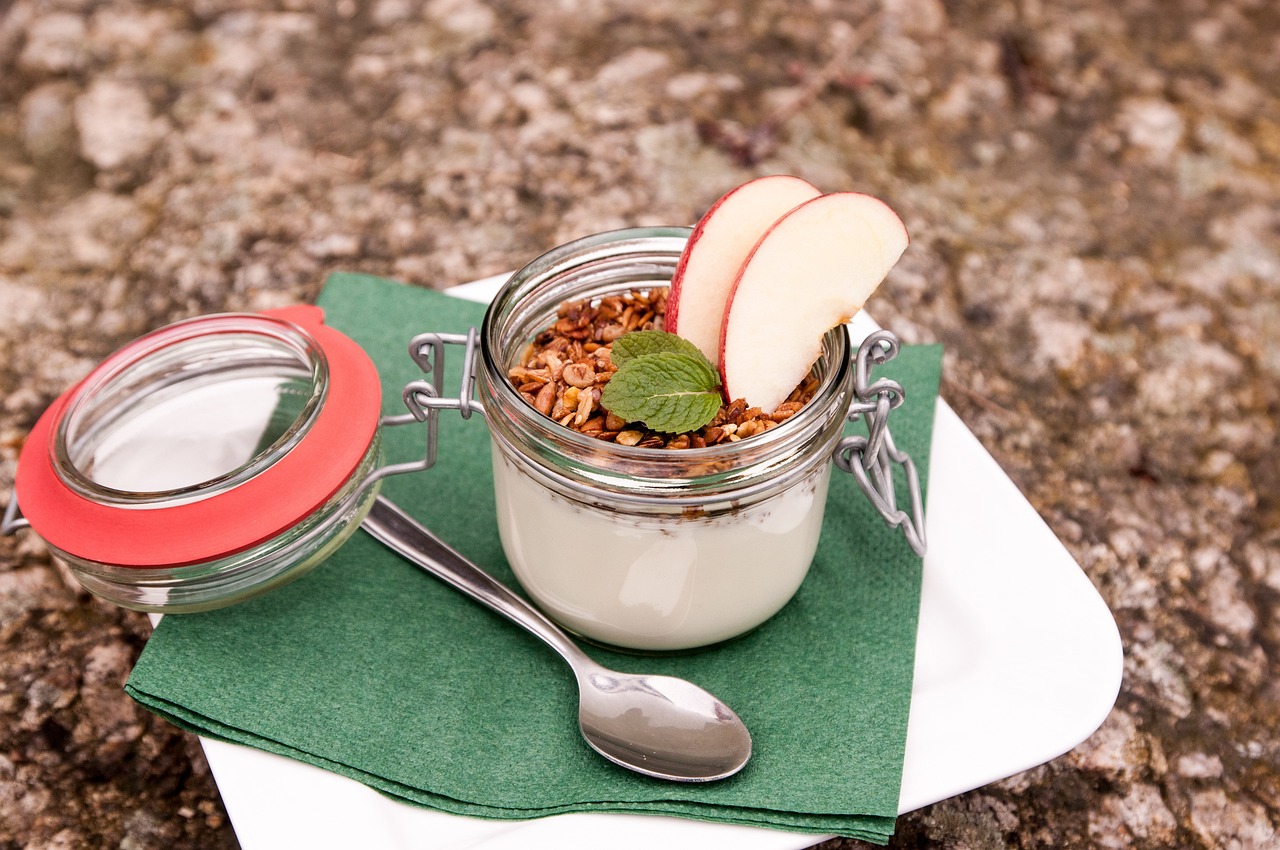“`html
In recent years, the conversation around health and nutrition has constantly evolved, with protein intake emerging as a central theme in fitness, weight loss, and overall wellness. With countless diets and nutrition plans promising rapid results, understanding the significance of protein in our daily diet is more important than ever. This blog post will explore what protein intake means, the benefits of consuming adequate protein, and how to ensure you’re meeting your daily protein needs.
Understanding Protein: The Basics
Before diving into the nitty-gritty of protein intake, it’s essential to understand what protein is and why it’s a vital macronutrient.
What is Protein?
- Protein is a macromolecule made up of amino acids, which are the building blocks of body tissues.
- It plays a crucial role in various bodily functions including muscle growth, immune function, and hormone production.
Types of Protein
- Animal-based proteins: Found in meat, dairy, and fish. Examples include chicken, eggs, and Greek yogurt.
- Plant-based proteins: Found in legumes, nuts, seeds, and grains. Examples include lentils, quinoa, and almonds.
- Complete vs. Incomplete Proteins: Complete proteins contain all essential amino acids, while incomplete proteins lack one or more. For instance, eggs are a complete protein, whereas beans are not.
The Benefits of Adequate Protein Intake
Consuming sufficient protein has numerous health benefits that affect both physical performance and overall well-being.
1. Muscle Growth and Repair
- Protein is essential for the growth and repair of muscle tissues.
- Individuals engaging in resistance training should aim for higher protein intake to support muscle recovery.
2. Weight Management
- Protein increases satiety, making you feel fuller and potentially helping with weight loss.
- Dietary protein has a high thermic effect, meaning your body burns more calories digesting protein compared to fats or carbohydrates.
3. Enhanced Metabolism
- High-protein diets can boost metabolism, leading to more calories burned even at rest.
4. Improved Bone Health
- Protein is important for maintaining bone density, reducing the risk of fractures.
- A study published in the Journal of Bone and Mineral Research found a strong correlation between protein intake and bone health.
How Much Protein Do You Need?
Determining the right amount of protein intake can vary based on several factors including age, sex, and activity level. The general recommendations can serve as a helpful guideline.
Recommended Daily Allowance (RDA)
- For the average adult: 0.8 grams of protein per kilogram of body weight.
- For athletes: Recommendations can range from 1.2 to 2.0 grams per kilogram, depending on their sport and intensity of training.
Calculating Your Protein Needs
To calculate your protein intake, use this formula:
- Weight in kilograms × Protein requirement = Total protein intake (grams)
For instance, a 70 kg person aiming for 1.5 g/kg for training purposes would need:
- 70 kg × 1.5 g/kg = 105 grams of protein daily.
Food Sources Rich in Protein
Incorporating a variety of protein-rich foods into your diet can help meet your daily protein needs efficiently.
Animal Sources
- Chicken breast: Approximately 31 g of protein per 100 g.
- Salmon: Around 25 g of protein per 100 g.
- Greek yogurt: About 10 g of protein per 100 g.
Plant Sources
- Lentils: About 9 g of protein per cooked 100 g.
- Quinoa: Approximately 4 g of protein per cooked 100 g.
- Chia seeds: Roughly 17 g of protein per 100 g.
Protein Supplements
- Whey protein: A fast-absorbing protein ideal for post-workout recovery.
- Plant-based protein powders: Options like pea or hemp protein for those following a vegan diet.
Practical Tips for Increasing Protein Intake
Meeting your protein needs can be easy with a few handy tricks and lifestyle changes.
Meal Planning
- Incorporate a source of protein in every meal.
- Prepare snacks high in protein such as mixed nuts or yogurt.
Experiment with Recipes
- Try adding Greek yogurt into smoothies or breakfast bowls.
- Add lentils to salads, soups, or casseroles for an easy protein boost.
Read Labels
- Become familiar with product labels to choose high-protein snacks and meals.
- Look out for protein-enriched products as alternatives.
Conclusion
Understanding protein intake and its significance can profoundly impact your health and fitness journey. From muscle growth and weight management to improved metabolism and bone health, the benefits of adequate protein consumption are undeniable. By remaining mindful about the types and amounts of protein in your diet, utilizing varied sources, and implementing practical tips for enhancing protein intake, you can ensure that you’re supporting your body effectively. With the guidance provided in this post, take proactive steps to optimize your protein intake and reap the numerous rewards it offers.
“`
This structured blog post encompasses various aspects of protein intake, including its definition, benefits, recommended amounts, sources, and practical tips, while following your formatting guidelines and maintaining SEO-friendly content.



